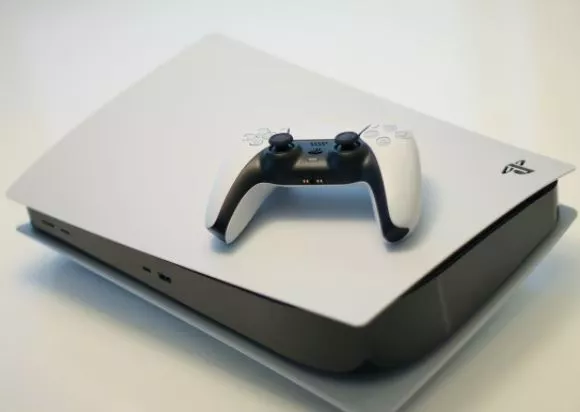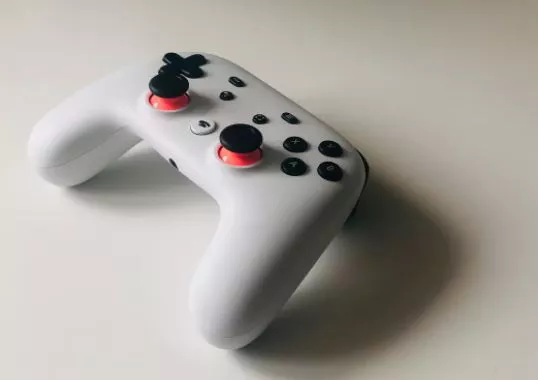If you’re a video gamer, then the chances are you have owned at least one console at some point in your life. While not the only way to enjoy this interactive form of entertainment, it is one of the easiest and most accessible options available to most people.
This is because consoles are typically cheaper than a high-end gaming PC, while also being cheaper, easier to set up, and simpler to use.

Arguably, the peak for video game consoles has been and gone. After the bursting of the video game bubble in the 1980s, they gradually grew in popularity through the 1990s and 2000s.
The PlayStation 2, which went on sale in 2000 and was only finally discontinued in 2013 remains the best-selling console of all time, with more than 155 million units sold over that period.
Similarly, the Nintendo DS range of portable consoles, which first went on sale in 2004, managed to sell around 154 million units before it was discontinued in late 2020.
The PlayStation 4, which was released in 2013 and will be discontinued in a year’s time, has sold 116 million units, while Microsoft has only managed to sell around 51 million of its rival Xbox One consoles.
Their successors, the PS5 and Xbox Series S/X have enjoyed strong demand but have suffered from supply issues, resulting in lower than expected sales figures. At the same time, alternatives to console gaming are presenting themselves leading some to question whether the days of these dedicated gaming machines could be numbered.
The Purpose of a Console
The original reason for video game consoles was to provide consumers with a low-cost way of playing video games at home. In the 1980s and 1990s, when companies were first developing these products, home computers were prohibitively expensive for most people.
For example, the original PlayStation cost $299/£299 when it was first released in 1995. That’s the equivalent to $545/£588 today. At the same time, a US consumer would have struggled to find a PC with a reasonable spec for less than $1,000 (almost $2,000 today).
Consoles traditionally ran on underpowered but specially designed hardware that made them capable of running games that a PC with comparable hardware couldn’t handle.
Manufacturers often sold these machines as a loss leader, losing money for each one sold, but then making it back from the royalties they earned from the games themselves.
Closing the Gap
Today, the gap between mid-range PCs that are capable of running most games and dedicated consoles has shrunk dramatically and even entry-level laptops that can cost as much as a PlayStation did in 1995 can run many great games.
At the same time, modern consoles no longer use specially designed underpowered hardware. Both Microsoft and Sony have been using x64-based processors for their latest few releases, meaning consoles are essentially PCs with bespoke operating systems.
No Longer a Need for Consoles?
Gamers have much more choice than they did in previous decades. There are millions of titles available on PC, iOS, and Android, meaning players are likely to find plenty of content that fits their tastes.
Fans of first-person shooter games can find a plethora of titles for all platforms, including smartphones and computers with games like Fortnite, PUBG, and Call of Duty. Similarly, those that prefer traditional card games can find dozens of different options, including blackjack, baccarat, and aces & faces.
All of these are available without the need to purchase a dedicated console and can even be played on the go thanks to the improvement in mobile technologies in recent years.

However, those that want to play AAA titles have still been stuck between buying a console or an expensive gaming PC. That is also beginning to change, though.
Video game streaming services like Google Stadia now mean even old and underpowered hardware can run titles like Red Dead Redemption 2 because the platform does the number-crunching in the cloud and streams the video feed to the player’s device.
Streaming technology like this isn’t perfect, at least not yet. But if the companies that are working on these services can manage to overcome some of their drawbacks, they could eventually see the end of the console for good.
Consoles served an important purpose in the 80s, 90s, and 00s, but technological developments have begun to make them less attractive and less necessary as they once were. Meaning the future of gaming could well be one without these dedicated gaming machines.



